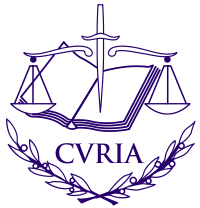One of the family members has no Polish citizenship. Under the law in force today, this person is not entitled to receive any compensation for the lost property. According to the law, he appointed his brother, a Polish national, as the person authorised to be compensated. However, Polish administrative authorities and the Provincial Administrative Court in Warsaw challenged the effectiveness of the appointment.
In consequence, the SAC decided to refer a preliminary question to the ECJ. The question will be whether the EU laws prohibiting discrimination based on national origin may be interpreted in a way which renders unlawful the Polish act’s exclusion of a non-Polish national who is the owner of property left beyond the today’s Polish border from the category of persons entitled to receive statutory compensation.
In the opinion of Dr. Adam Bodnar, HFHR Deputy President, the SAC’s question referred for a preliminary ruling may contribute to a just and fair resolution of the case.
“It’s indeed hardly conceivable that members of the same family may be discriminated against as regards their inheritance of the right to be compensated for the property lost beyond the Bug river only because of their current citizenship status. Notably, 2013 is the European Year of Citizens and the SAC question referred to the ECJ may lead to a landmark decision that will reinforce the legal significance of the European citizenship”, adds Dr. Bodnar.
In October 2012 the Constitutional Tribunal held that making the compensation right conditional on the fact of the former owner’s actual residence in the eastern parts of pre-war Poland as of 1 September 1939 was unconstitutional. According to the CT, persons forced to leave their properties located beyond the Bug river by the hostilities started in 1939 could not reasonably expect that any compensation for their lost assets would be made dependent on their residence on the former territory of Poland during a narrowly defined, very short period of time in a distant past (only one day, 1 September 1939).
The Teisseyre family is represented by Mr Józef Forystek. The HFHR joined the case as a community organisation.





